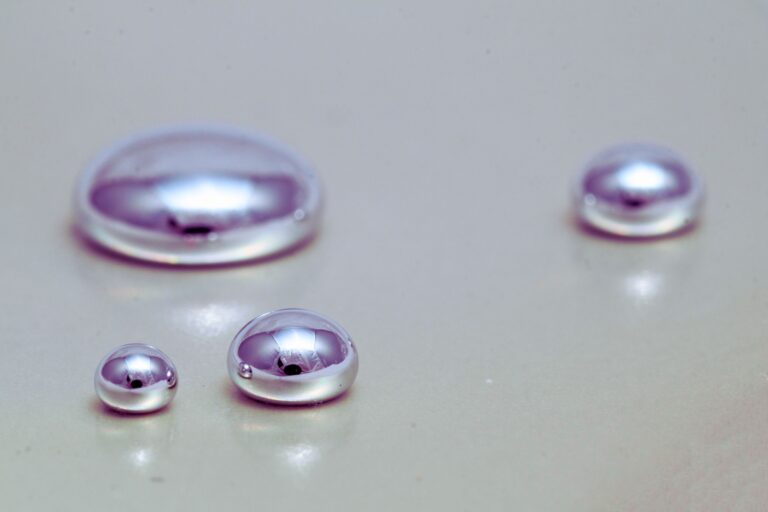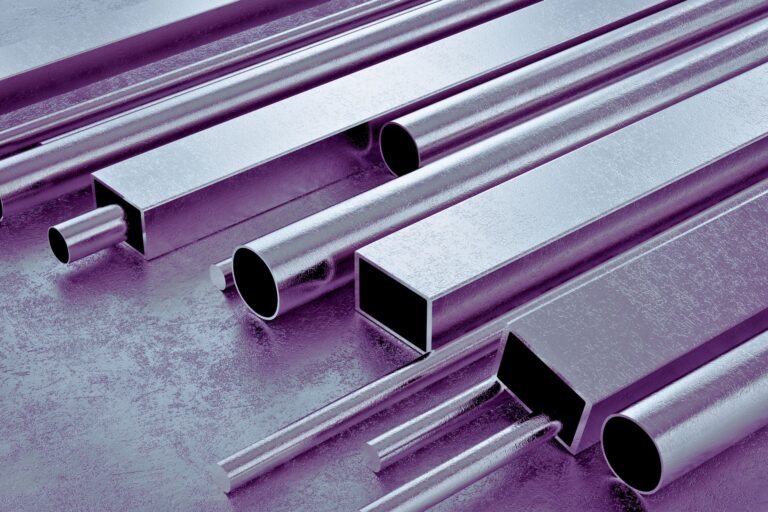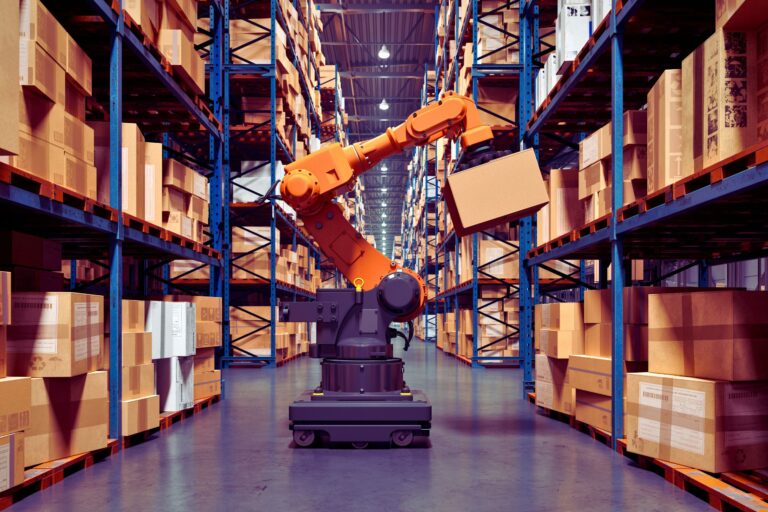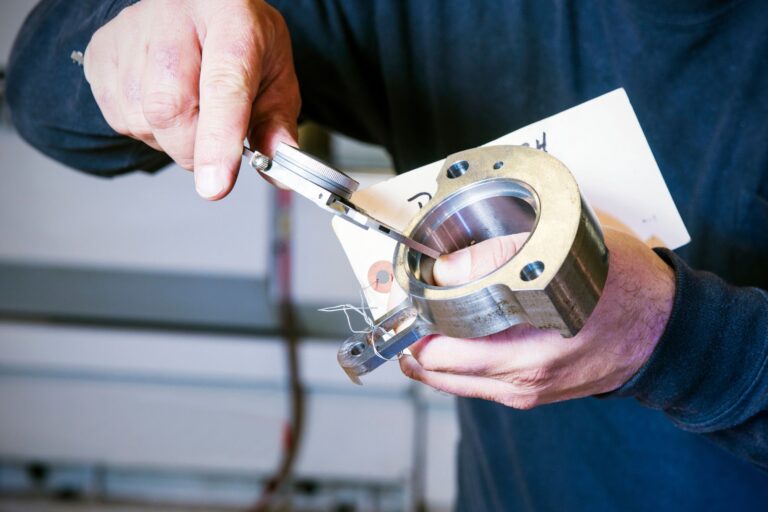В съвременното производство търсенето на точност, надеждност и ефективност никога не е било по-високо. Високопрецизната машинна обработка играе ключова роля в индустрии като аерокосмическата, автомобилната, медицината и енергетиката, където строгите допуски и сложните конструкции са от съществено значение. С напредъка на технологиите и интеграцията на автоматизацията, високопрецизната машинна обработка позволява на производителите да посрещат предизвикателствата на сложните инженерни проекти с по-голяма ефективност и последователност.
Какво е високопрецизна обработка?
Високопрецизната машинна обработка се отнася до процеса на изработване на компоненти с изключително малки допуски, често в рамките на микрони, с помощта на усъвършенствано компютърно контролирано оборудване. Това ниво на прецизност гарантира, че частите отговарят на точните спецификации за пасване, форма и функция, дори в най-взискателните приложения.
Ключови технологии във високопрецизната машинна обработка
1. Компютърно числово програмно управление (CNC) обработка
CNC машинната обработка революционизира прецизното производство, предлагайки високоскоростни, автоматизирани и повтаряеми процеси. Усъвършенстваните CNC системи позволяват многоосна обработка, което позволява сложни геометрии и сложни конструкции на части с минимални грешки.
2. Електроерозионна обработка (EDM)
EDM е безконтактен метод за обработка, който използва електрически искри за оформяне на твърди метали. Той е особено полезен за производство на сложни форми, фини детайли и компоненти, които изискват превъзходна повърхностна обработка.
3. Лазерно и водно рязане
Както лазерните, така и водноструйните технологии за рязане осигуряват прецизно отстраняване на материал без въвеждане на деформации, свързани с топлината. Тези методи се използват често за специализирани приложения в аерокосмическата индустрия и производството на медицински изделия.
4. Ултразвукова обработка
Тази усъвършенствана техника се използва за обработка на крехки материали като керамика и стъкло с изключителна прецизност. Ултразвуковата обработка намалява износването на инструмента и осигурява превъзходно качество на повърхността.
5. Многоосно фрезоване и струговане
Многоосовото CNC фрезоване и струговане позволява по-голяма гъвкавост при обработката на сложни части с една настройка, намалявайки времето за производство и увеличавайки точността.
Предимства на високопрецизната обработка
1. Подобрено качество на компонентите
Способността за поддържане на толеранси на микронно ниво осигурява постоянство и надеждност на готовите части, намалявайки необходимостта от повторна обработка или корекции.
2. Повишена ефективност и намалени отпадъци
Прецизната машинна обработка минимизира разхищението на материали чрез оптимизиране на пътищата на рязане и намаляване на брака, което я прави рентабилно решение за висококачествени материали.
3. По-голяма гъвкавост на дизайна
С усъвършенстваните CNC възможности, производителите могат да създават сложни геометрии и детайли със сложни характеристики, които преди това са били непостижими с традиционните методи на обработка.
4. Последователност в масовото производство
Високопрецизната машинна обработка гарантира, че всеки произведен компонент отговаря на едни и същи строги стандарти, което го прави идеален за мащабно производство в индустрии, където постоянството е от решаващо значение.
5. Съвместимост с широк спектър от материали
От метали и сплави до пластмаси и композити, високопрецизната машинна обработка е универсална и може да се използва за широк спектър от материали, което позволява по-големи иновации в инженерния дизайн.
Предизвикателства и бъдещи тенденции във високопрецизната машинна обработка
Въпреки че високопрецизната обработка предлага многобройни предимства, тя е свързана и с предизвикателства, като например:
- Високи разходи за оборудване: Усъвършенстваните обработващи центрове изискват значителни инвестиции.
- Изисквания за квалифицирана работна сила: Операторите трябва да бъдат висококвалифицирани да програмират и работят със сложни CNC машини.
- Строг контрол на качеството: Поддържането на ултра-строги допуски изисква строги процеси на проверка, често с използване на усъвършенствани метрологични инструменти, като координатно-измервателни машини (CMM) и лазерни сканиращи системи.
В бъдеще иновации като обработка с изкуствен интелект, наблюдение на процесите в реално време и хибридно адитивно-субтрактивно производство ще подобрят допълнително възможностите за прецизна обработка. Производителите, които инвестират в тези технологии, ще получат конкурентно предимство при производството на високосложни и прецизни компоненти.
В SL Industries разбираме важността на високопрецизната машинна обработка за постигане на инженерни постижения. Като остават начело на технологичния напредък, производителите могат да отговорят на нарастващите изисквания на сложните инженерни проекти с увереност, ефективност и прецизност.






